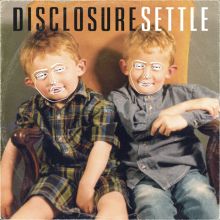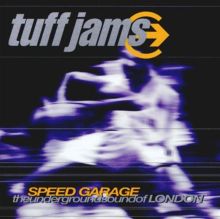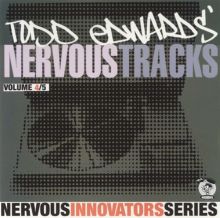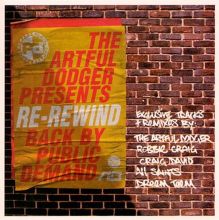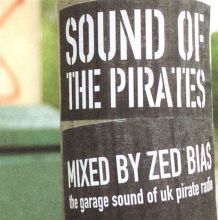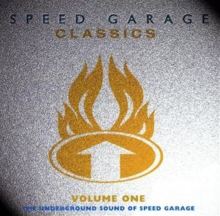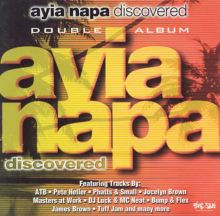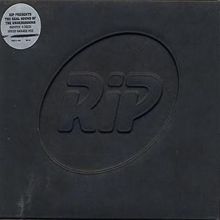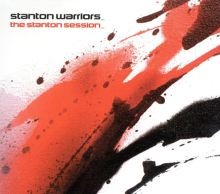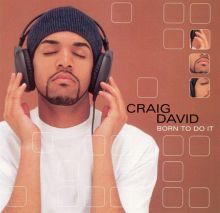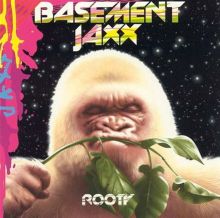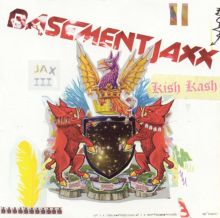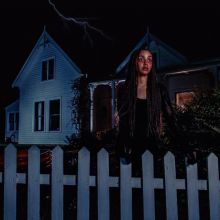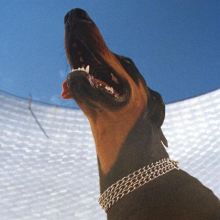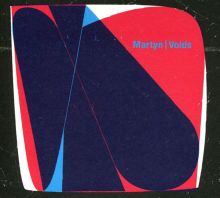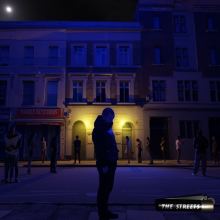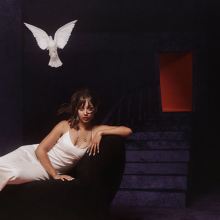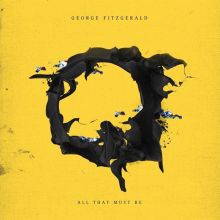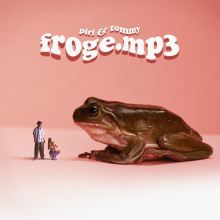Electronic
•
House
»
UK Garage
Revving up the sweet sound of garage techno by adding ragga and diva vocals, constant rewinds, and DJ scratching along with spastic drum'n'bass rhythms, British Garage hit the London clubscene in 1996, gaining momentum from its Sunday-night status as a good end-of-the-week comedown to supplant jungle/drum'n'bass as the hotly tipped dance style of the late '90s. Known at various points in its evolution as speed garage, underground garage, and 2-step, the style was influenced by American producers like Todd Edwards, Armand Van Helden, and Romanthony. The sound grew as producers like the Tuff Jam crew, Dream Team, and RIP all recorded sizable club hits, some of which crossed over to the pop charts as well. By 1998, the style early known as speed garage had morphed into somewhat of a new phenomenon; dubbed 2-step, the style encompassed the sweeter pop leanings of R&B as well as increasingly fractured breakbeats. Among a raft of excellent producers (newcomers MJ Cole, Zed Bias, Wookie, and Sunship as well as more established figures like Tuff Jam, Dream Team, and Artful Dodger) and labels (Locked On, Nice 'N' Ripe, Quench, Grand Theft Audio, Naughty), the style proved surprisingly resistant to changing winds among the dance cognoscenti. Even while crossover hits like "Destiny" by Dem 2 and "Movin' Too Fast" by Artful Dodger raced up the charts and crossover compilations landed by the crateful, the dozens of pirate radio stations kept the style tight and edgy.
